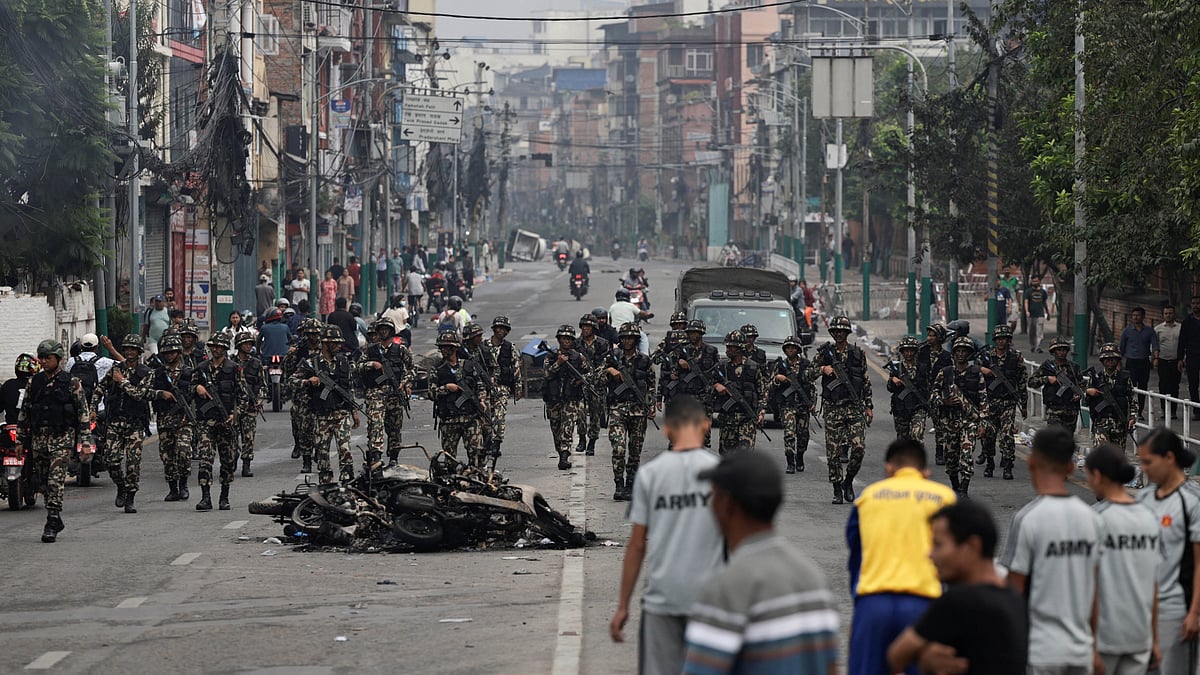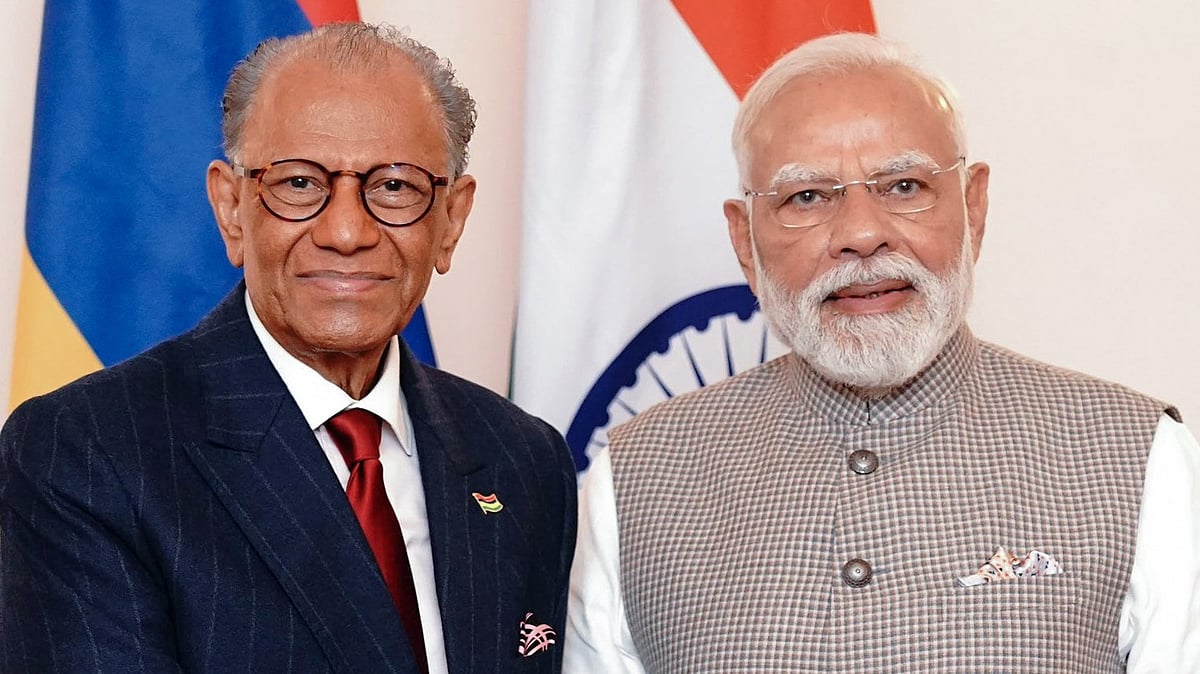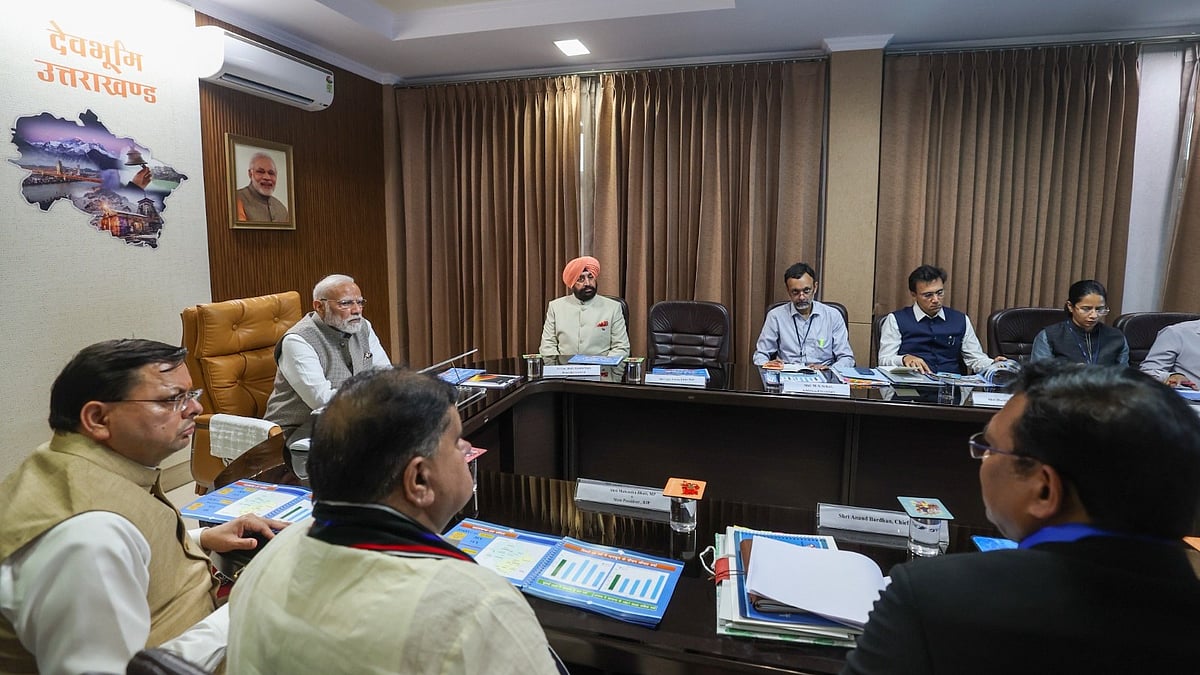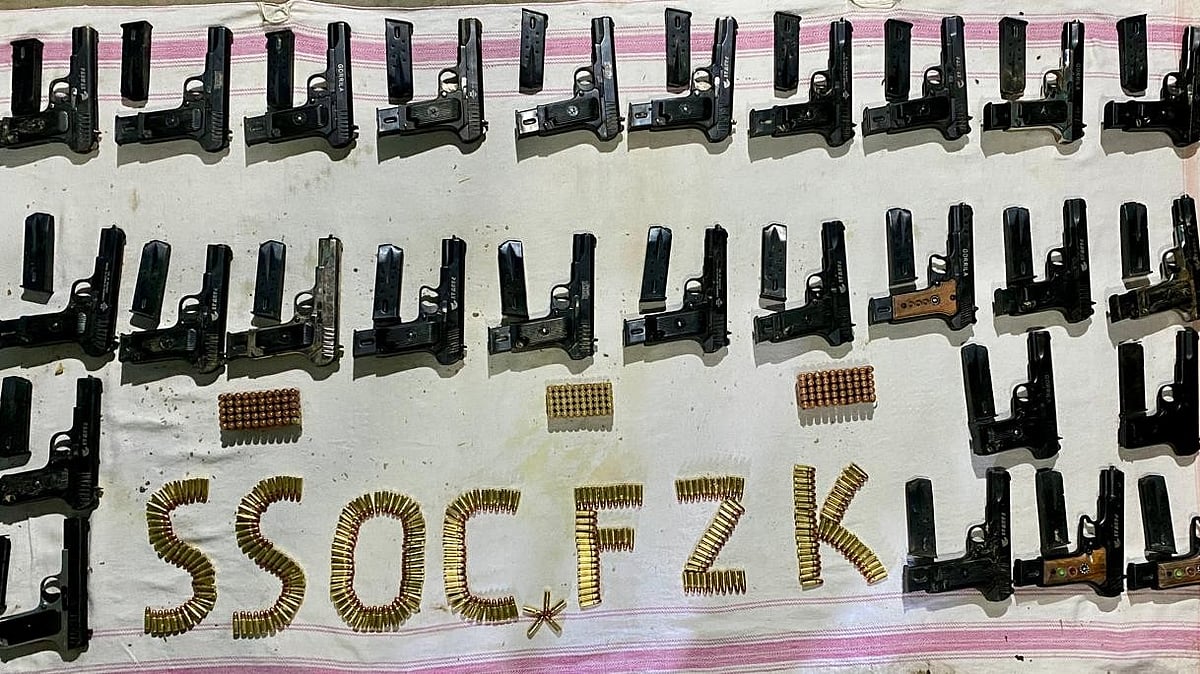Lucknow: Violent protests in Nepal have brought cross-border trade with India to a grinding halt, leaving hundreds of Indian truckers stranded and causing massive financial losses for businesses on both sides of the frontier.
At key border points including Panitanki in West Bengal, Raxaul and Jogbani in Bihar, and Sonauli in Uttar Pradesh, movement of commercial vehicles has stopped following curfews, arson attacks, and repeated road blockades. Truck operators carrying machinery, medicines, fuel, and perishable goods such as potatoes and fruits reported being stuck for several days, forced to sleep in their vehicles with dwindling supplies of food and water.
The disruption has had a staggering economic fallout. Truckers’ associations from Bengal and Bihar estimate daily losses of ₹200–250 crore due to stranded vehicles, with perishable goods at risk of rotting and direct losses per truck running into lakhs. In Bihar’s Jogbani market, traders pegged the collapse of cross-border trade at nearly ₹500 crore, a blow that has also hit local hotels, restaurants, and around 2,000 daily-wage workers dependent on the trade hub.
With around 600 cargo trucks typically entering Nepal every day through Raxaul alone, the closure of the integrated check post has choked supply chains for essential commodities. More than 310 tankers and trucks carrying fuel and LPG were recalled by Indian authorities, worsening energy shortages inside Nepal. Experts estimate that nearly 75 percent of Nepal’s total trade passes through Raxaul, underscoring the scale of the disruption.
Export of Indian goods to Nepal, including machinery, construction materials, and food items, has largely halted. For Indian exporters and service providers, the unrest is triggering a cascade of problems ranging from delayed shipments and unfulfilled contracts to fears of rising insurance costs and credit defaults. Nepal, in turn, is already experiencing shortages of food, fuel, and medical supplies, raising concerns about a humanitarian crisis.
The unrest in Nepal was triggered by massive student-led protests against corruption and social media restrictions, which escalated into widespread arson, curfews, and the resignation of Prime Minister K P Sharma Oli. Protesters torched government offices and blocked highways, prompting authorities to deploy the army and impose strict curfews.
Indian drivers caught in the turmoil have voiced fears about personal safety after reports of protesters targeting trucks and even roughing up drivers. Local police and paramilitary forces in India have been placed on high alert. The Sashastra Seema Bal has intensified patrolling and coordination with state authorities, while the Darjeeling police set up a 24-hour helpline for stranded citizens.
The Ministry of External Affairs has advised Indians to postpone travel to Nepal until the situation stabilises. Airlines including Air India and IndiGo have cancelled or diverted flights, with at least four services redirected from Kathmandu to Indian cities. This has left tourists and drivers with few options for evacuation.
The crisis has also rippled into the tourism and hospitality sector along the border, where cancellations have mounted, worsening losses for small businesses.
Authorities in both countries are monitoring the volatile border situation, but with trade losses mounting and essential supply chains broken, pressure is building on Kathmandu and New Delhi to restore normalcy before the disruption spirals into a full-blown economic and humanitarian crisis.











